Category: Books
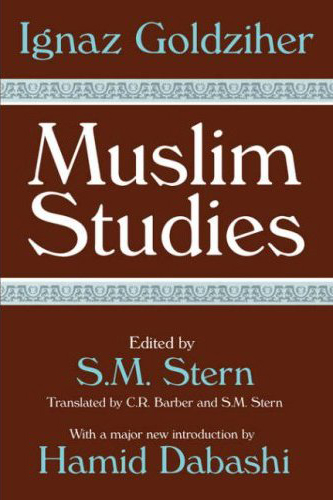
Ignaz Goldzier (1850-1921) How is one to read an Orientalist — in fact, one of the most learned Orientalists there ever was — today? Isn't Orientalism over? Did Edward Said not deliver a coup de grace to the aging temple of Orientalism? Is Orientalist scholarship today of only antiquarian interest?...
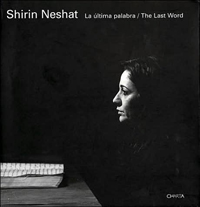
A work by Shirin Neshat It is almost a decade since I wrote my very first essay on Shirin Neshat. Quite by serendipity, I had just seen a collection of her photographs in Venice Biennale in August 1995, where I happened to be and where I accidentally walked into a...
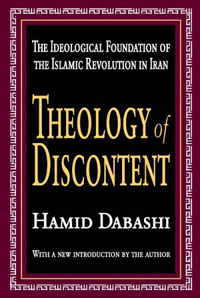
Jalal Al-e Ahmad (1923-1969) More than a decade has passed since the initial publication of my Theology of Discontent. Much has happened in world history that warrants a reconsideration of my argument and the evidence I put forward in some considerable detail in this book. I started working on Theology...
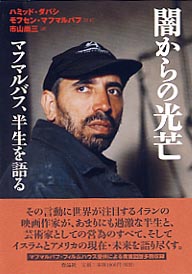
Mohsen Makhmalbaf's "Kandahar" (2001) Paramount in Makhmalbaf's "Kandahar" (2001) is the presence of a testimony as to how a work of art transcends reality by teasing out its emancipatory forces — particularly in a colonial context where historical agency is to be articulated against an Enlightenment Modernity that has categorically...
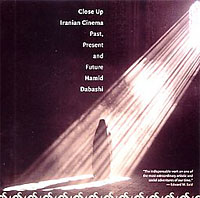
A Photograph by Abbas Kiarostami The history of cinema in Iran cannot be read in isolation with its political and social development that can be traced as far back as 1906 when the constitutional and subsequently bourgeois revolution rocked the whole internal nature of the country. The discovery of oil,...
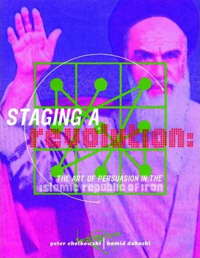
A revolutionary poster (Iran, 1979) The purpose of this book is to examine the massive orchestration of public myths and collective symbols in the making of the Islamic Revolution of 1978-9 in Iran and the war with Iraq that followed it between 1980 and 1988. The Islamic Revolution in Iran...
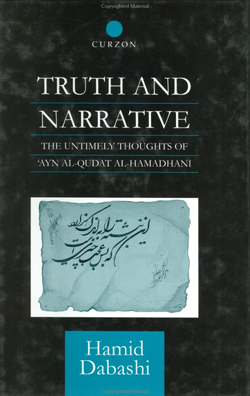
The Public Execution of Ayn al-Qudat in a Medieval Illustrated Manuscript My main purpose in writing this book is to provide an intellectual portrait of Ayn al-Qudat al-Hamadhani (49211098-525/1131), one of the most remarkable figures in medieval Persian intellectual history. Although most of his writings in Persian and Arabic have...
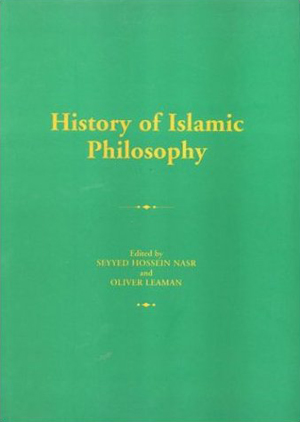
The Grand Square of Isfahan, where the School of Isfahan in Islamic philosophy emerged. The word "mammoth" comes to mind when describing Seyyed Hossein Nasr's and Oliver Leaman's History of Islamic Philosophy. The work is 1211 pages, consisting of seventy-three articles, including two introductions and "a guide to bibliographical resources"...
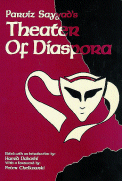
Born in Lahijan in 1939, Parviz Sayyad was one of the leading actors and playwrights during his youth in Iran. In 1960, after the formation of Iran's National Television, Sayyad and many others from theater joined its cast and started producing tele-theater shows until 1970. Sayyad and Apick Youssefian (who...
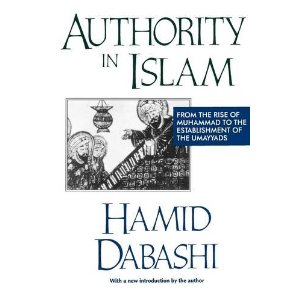
"Muhammad": The Name of the Prophet in Arabic Calligraphy In the final paragraphs of my conclusion to Authority in Islam, I began to work my way through a recognition of the three metaphysical paradigmatics of enduring authority I have identified in this book not merely as sectarian divisions within the...
Copyright ©2009-2025 Hamid Dabashi. All rights reserved.


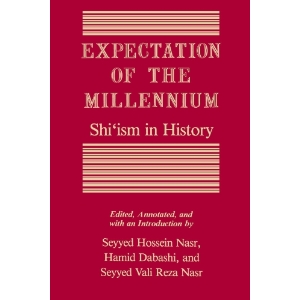
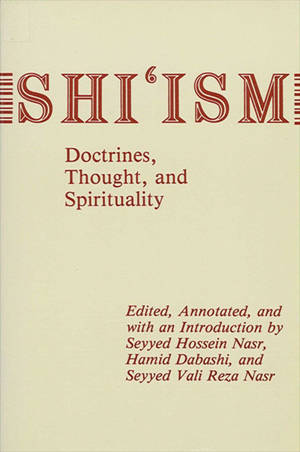
 Columbia University
Columbia University Aljazeera
Aljazeera Middle East Eye
Middle East Eye Springer Palgrave
Springer Palgrave